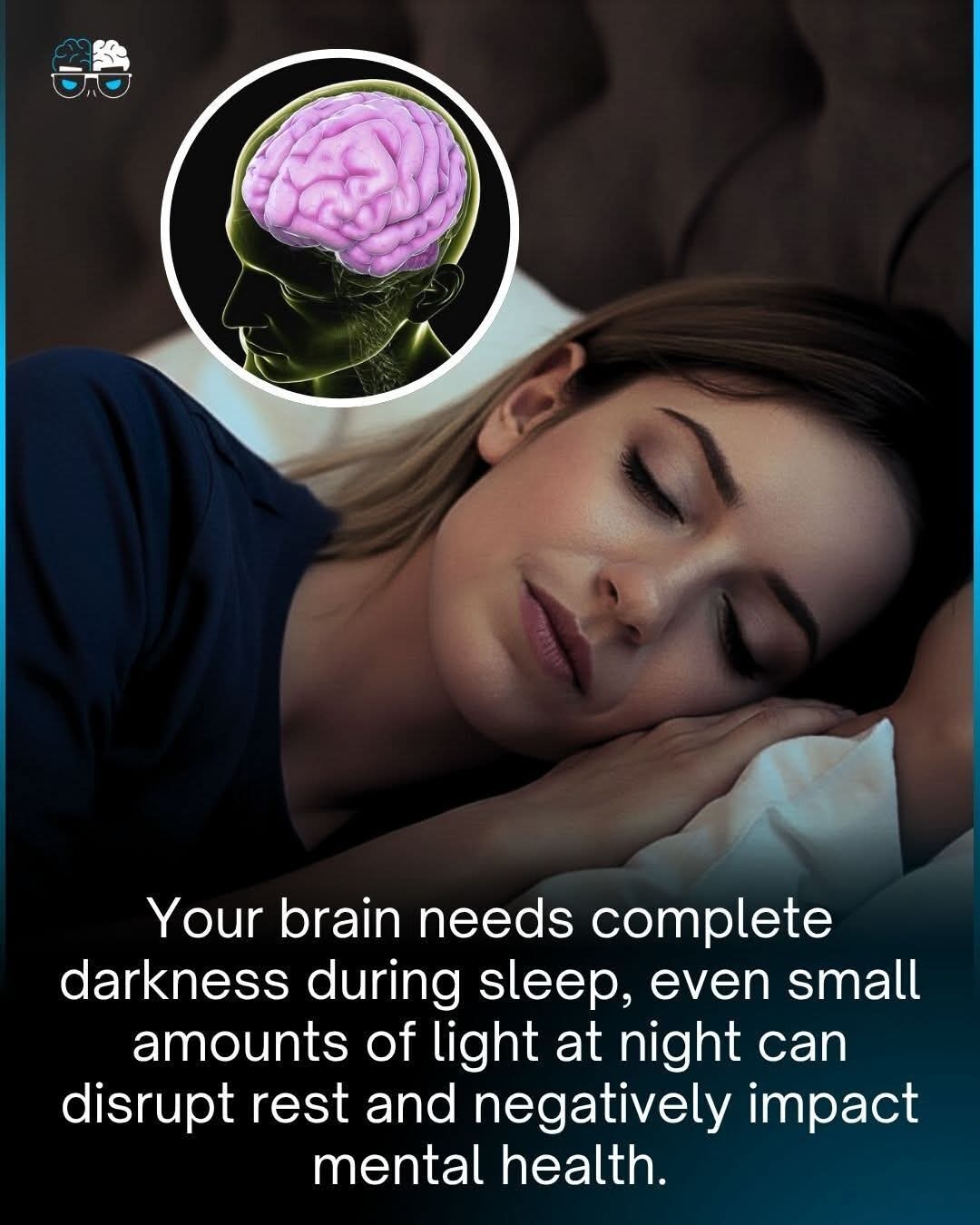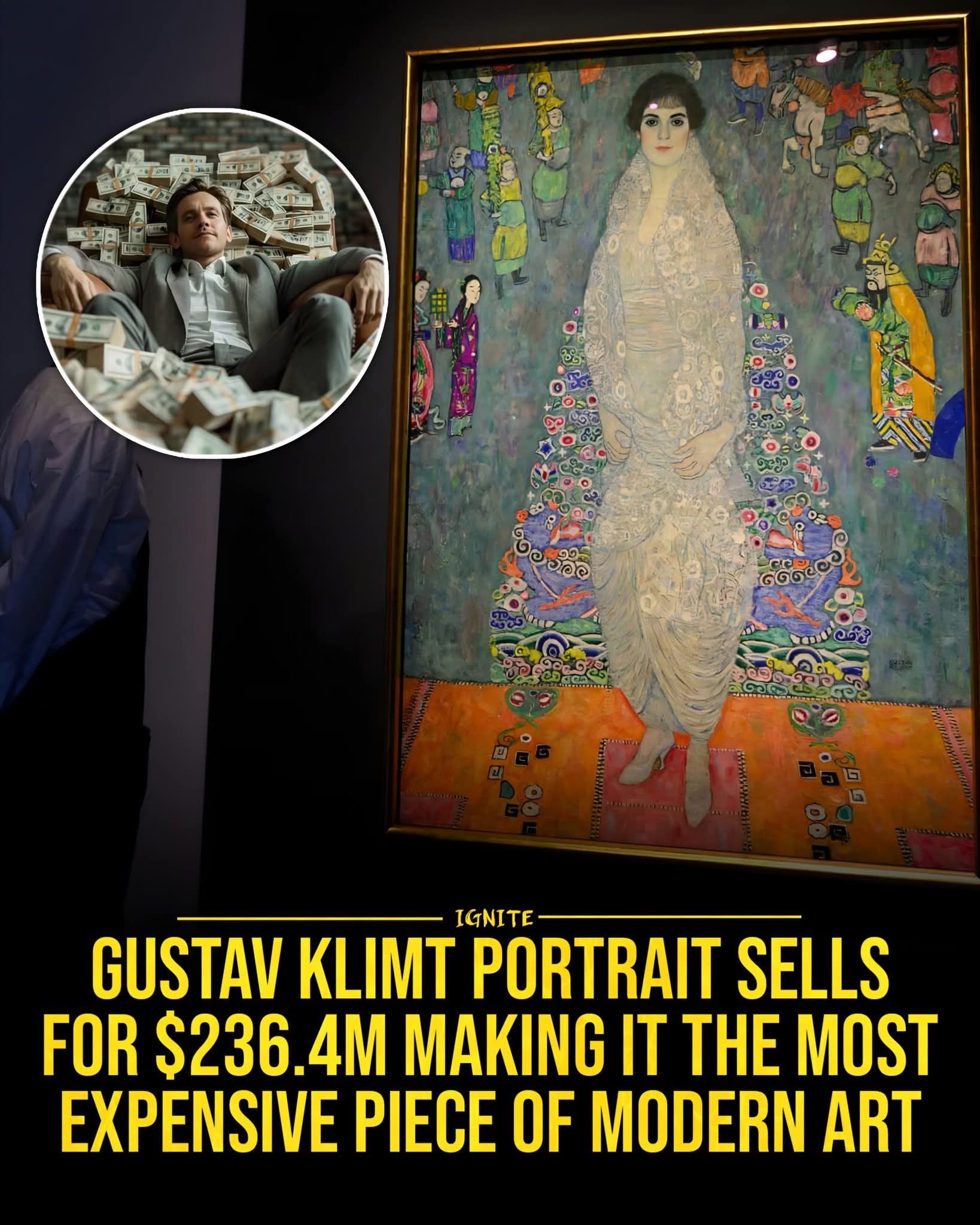Pinetbook Pinetbook Support
Boring
This post has received widespread feedback from users for being monotonous and overly repetitive.




🚨 Sixth Street and Louis Vuitton are looking to invest in Real Madrid.
Real Madrid may soon allow private investors to purchase a minority stake in the club.
Two giants are already watching closely:
💼 Sixth Street (USA) – already involved in the Bernabéu business.
👔 Bernard Arnault (Owner of Louis Vuitton & LVMH) – one of the richest men in the world.
💰 The idea?
Florentino Pérez aims to secure safe investments without compromising fan control of the club.
Real Madrid would still belong to the socios, but with extra financial power to secure the future.
🧱 This could make Real Madrid’s value over €10 billion, a record in football.
❓ Fans’ opinions are being studied right now. Nothing is official yet, but it could go to a vote in 2026.
📌 Real Madrid stays in fan hands, but gets stronger money backing.
#elf #cameroon

Even A Tiny Night Light Can Disrupt Your Brain While You Sleep
Sleep isn’t just rest.
It’s repair. And your brain needs total darkness to do it right.
New research shows that even dim light exposure, like a hallway glow, phone screen, or nightlight, can disrupt melatonin production, alter brain waves, and slowly erode mental health, memory, and mood.
Your eyes might be closed.
But your brain still sees the light.
For deep, healing sleep, your bedroom needs to go black. Block the windows. Power down screens. Let your nervous system find the silence it craves.
Because in the dark, your brain finally gets to breathe.
#fblifestyle #factology #sleepscience #brainhealth #darknessheals #elf #cameroon

A Gustav Klimt painting just sold for a jaw dropping $236.4 million, nearly doubling expectations 🎨💸
The six foot portrait sparked a bidding war at Sotheby’s before an anonymous buyer grabbed it. It’s now the most expensive modern artwork ever sold and second only to da Vinci’s Salvator Mundi overall.
The piece has a wild past too. Stolen by the Nazis, almost destroyed in WWII, then treasured for decades by Estée Lauder heir Leonard A. Lauder.
Oh, and the auction also sold a 101 kg solid gold working toilet for $12.1 million
#fblifestyle #elf #cameroon

rahmaputri rosidah
Delete Comment
Are you sure that you want to delete this comment ?
Marso 78
Delete Comment
Are you sure that you want to delete this comment ?
Heba Sorour
Delete Comment
Are you sure that you want to delete this comment ?